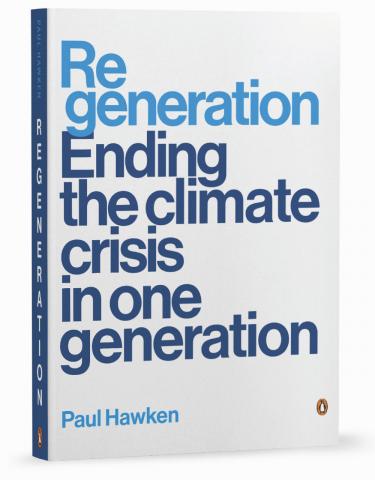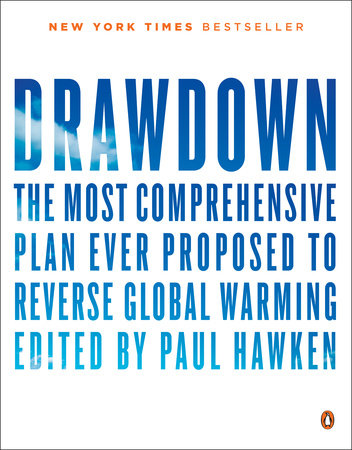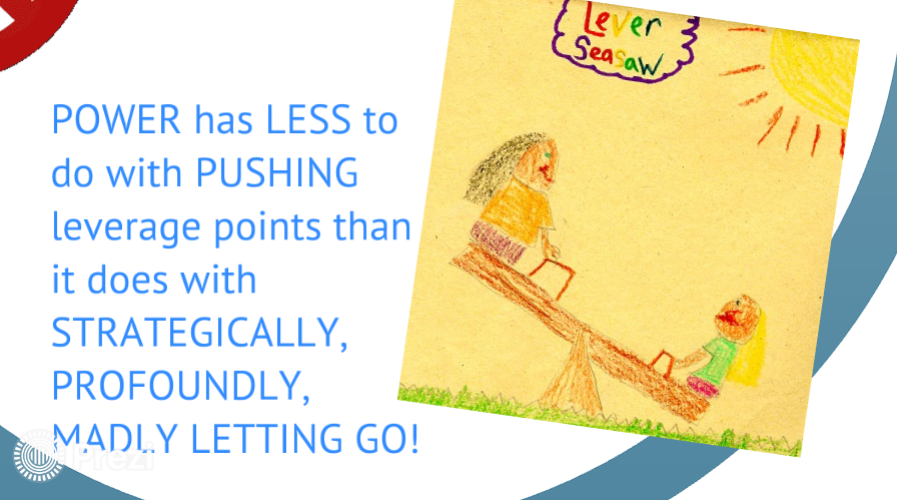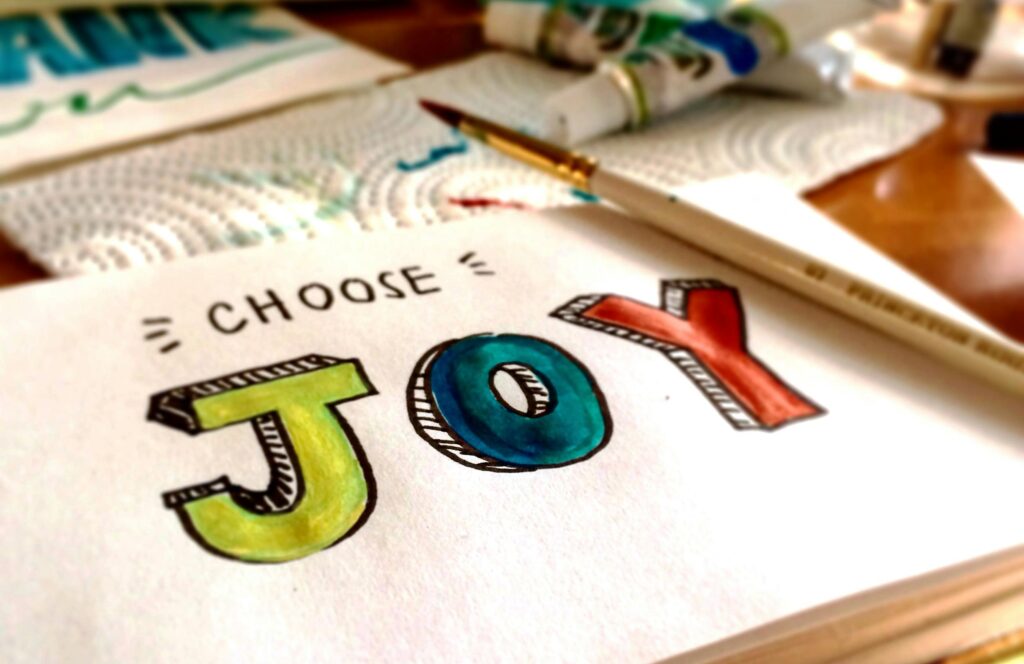Leigh Baker | January 10, 2025
I pre-ordered this Paul Hawken book when I first heard it announced, and was delighted (as expected, given my experience with DRAWDOWN in 2017) when it arrived in 2021.
What TRULY spoke to me wasn’t the lists of solutions options. It wasn’t the awesome photography illustrating the solutions. It wasn’t even the accompanying free, online library of action lists for each solution.
What spoke to me was the introduction – because it put into words my key concerns about how old-fashioned so much of today’s environmental messaging is.
I’ve read it and re-read it – and quote elements of it regularly. It’s one of my top sustainability reads.
Here’s a compilation of the quotes from the introduction I use regularly – re arranged a bit to reflect what most inspired me.
“The needs of people and living systems are often presented as conflicting priorities – biodiversity versus poverty, or forests versus hunger – when in fact the destinies of human society and the natural world are inseparably intertwined, if not identical.”
“…Solving the climate crisis is an unnatural act – one that human beings are ill-equipped to do. Our minds just don’t work that way….“
“If we are going to engage the bulk of humanity to end the climate crisis, the way to do it is counter-intuitive: to reverse global warming, we need to address current human needs, not an imagined dystopian future.”
“If we want to get the attention of humanity humanity needs to feel it is getting attention. If we are going to save the world from the threat of global warming, we need to create a world worth saving….”
The most common question about the crisis is “What should I do?” How can a person or entity create the greatest impact on the climate emergency in the shortest time?…”
“Most people do not know what to do, or may believe the things they can do are insufficient. …
“The number one cause of human change is when people around us change. Research by Stanford neuroscientist Andrew Huberman upends the idea that beliefs determine what we do or what we can do. It is the opposite. Beliefs do not change our actions. Actions change our beliefs. . Not only do actions change your beliefs, your actions change other people’s beliefs. …
“Most people in the world remain disengaged, and we need a way forward that engages the majority of humanity. Regeneration is an inclusive and effective strategy…”
“Regeneration is not only about bringing the world back to life; it is about bringing each one of us back to life. It has meaning and scope; it expresses faith and kindness; it involves imagination and creativity. It is inclusive, engaging, and generous.
And everyone can do it.
[Regeneration] “…restores forests, lands, farms and oceans. It transforms cities, builds green affordable housing, reverses soil erosion, rejuvenates degraded lands, and powers rural communities.”
“Planetary regeneration creates livelihoods – occupations that bring life to people and people to life, work that links us to one-anothers’ well-being. It offers paths out of poverty that provide people with meaning, worthy involvement with their community, al living wage, and a future of dignity and respect.”
“Regeneration creates, builds, and heals. Regeneration is what life has always done; we are life, and that is our focus.”
REGENERATION: ENDING THE CLIMATE CRISIS IN ONE GENERATION by Paul Hawken, 2021
It is somewhat ironic that it took until 2025 to get around to this post – at a time when Hawken is moving on from Project Regeneration and has announced his next potential global best seller CARBON: THE BOOK OF LIFE – due out in March 2025. But the words and the approach are still relevant today.









